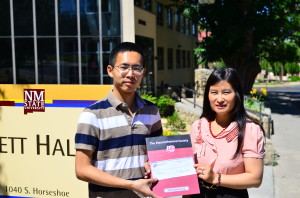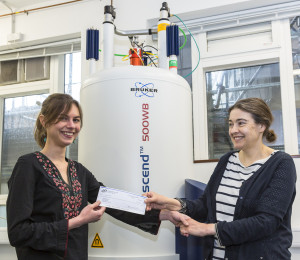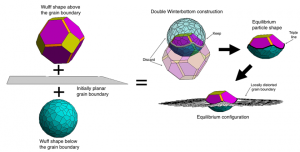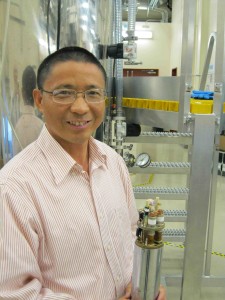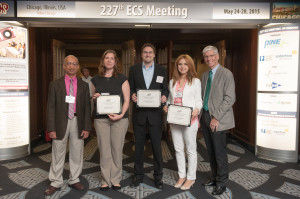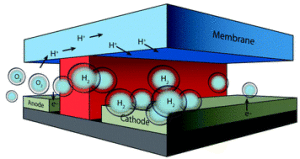Beth Schademann, ECS’s Publications Specialist, recently came across a Huffington Post article detailing some life-saving innovations in water purification.
A simple bag called the Fieldtrate Lite has made its way to isolated communities that lack clean water in an effort to save lives through improved sanitation.
The water filtering bag is a development of Singapore’s WateROAM, who specialize in portable water filtration systems. The Fieldtrate Lite filters dirty water though membranes, turning it into potable water in a very short period of time. The bag is specifically appealing for disaster relief operations and rural communities without access to clean water.
“Our vision is to build a world where no man shall face prolonged thirst,” said David Pong, WateROAM’s chief executive.


